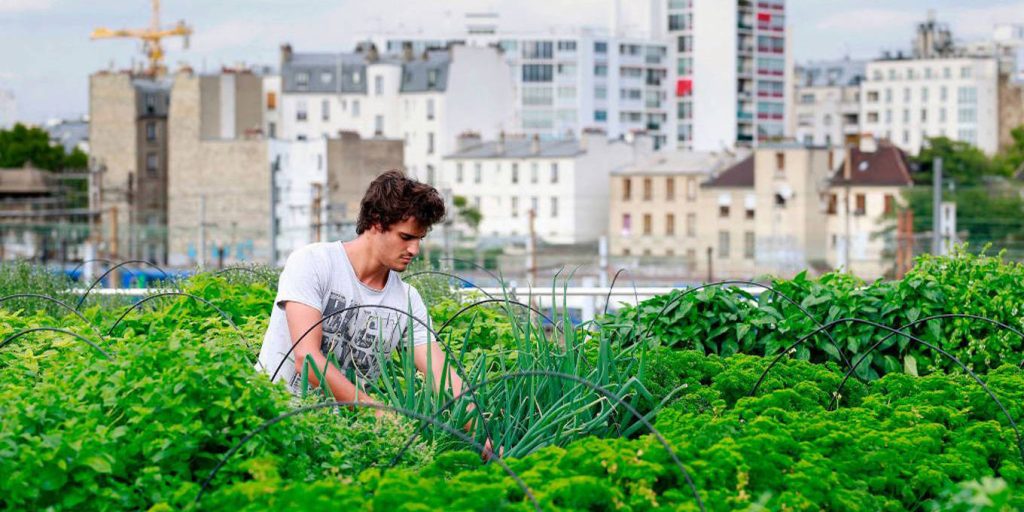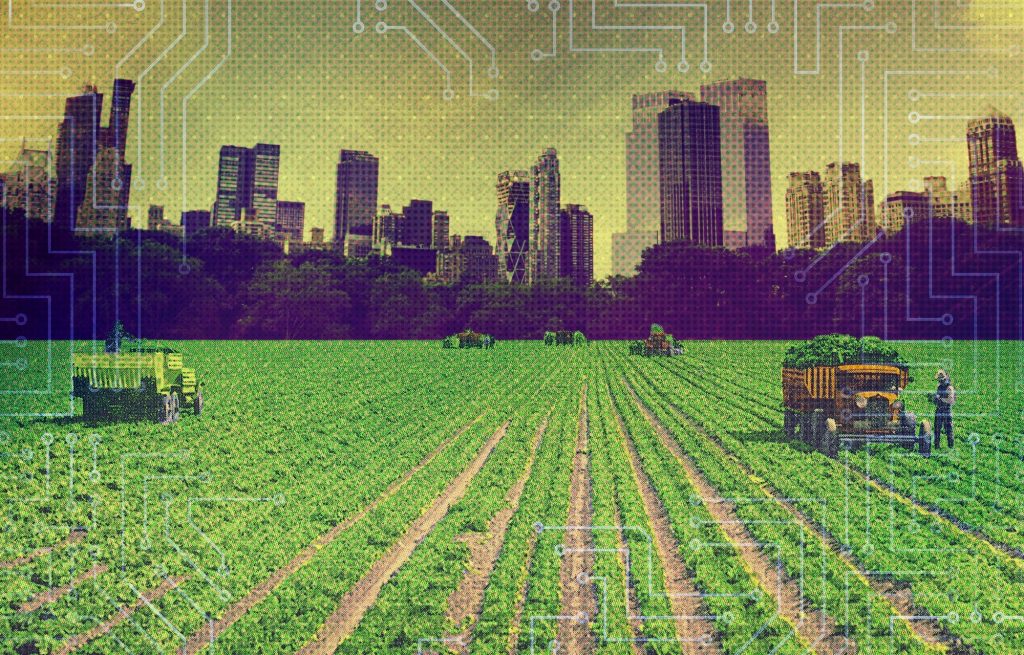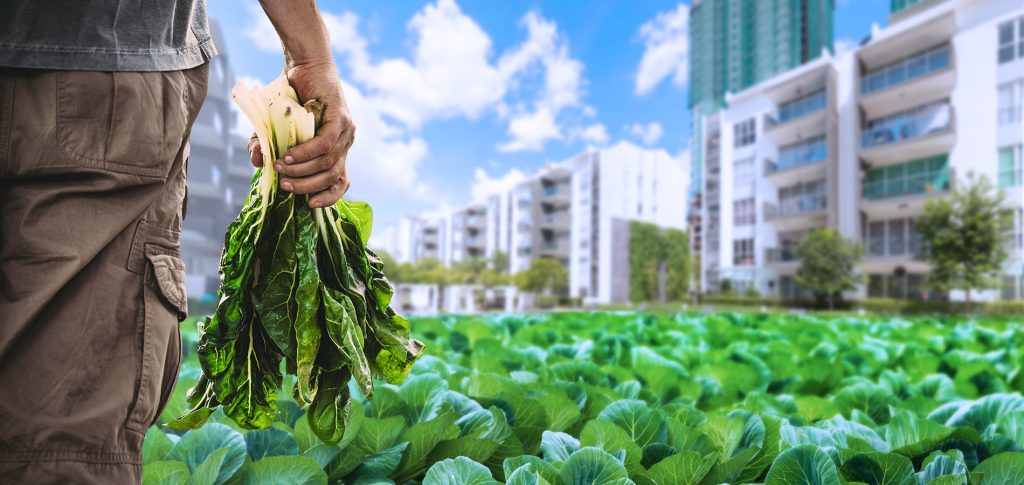Introduction
Urban agriculture, encompassing community gardens, urban farms, and local food production, has seen a resurgence in recent years. This article explores the many benefits of urban agriculture and local food systems, including food security, community development, and public health enhancements.

The Urban Agriculture Revolution
1. Improving Food Security
Urban agriculture has shown the potential to alleviate food insecurity in urban areas. By growing food locally, urban farmers can directly provide food to their communities, ensuring access to fresh food even in food deserts where supermarkets might be scarce.

2. Enhancing Food Access and Healthy Eating
Urban farming provides an immediate source of fresh food, promoting a healthier food environment. Community gardens and urban farms make healthy food more accessible, encouraging a diet rich in fresh fruits and vegetables.
3. Fostering Community Health and Social Benefits
Participating in urban agriculture has social benefits, building strong community bonds. Community-supported agriculture programs, community gardens, and urban farms serve as gathering spots, encouraging interaction among urban residents and fostering a sense of ownership and pride.
4. Creating Sustainable Food Systems
Urban agriculture supports sustainable food systems by reducing the need for long food supply chains. Local food production minimizes transportation emissions and supports community food systems that are more resilient to global food shocks.
Different Types of Urban Agriculture
From rooftop gardens to commercial urban farming operations, the types of urban agriculture are diverse. Each has its own benefits and limitations, and they include:
- Community Gardens and Urban Farms: Enhancing food access and community development in the urban united areas.
- Home Food Gardens: Allowing urban residents to grow food in their own space.
- Food Safety and Regulations: Urban agriculture operations adhere to the guidelines set by the Department of Agriculture, ensuring food safety and quality.
The Impact of Urban Agriculture on Public Health
Urban agriculture could be a game-changer for public health. Evidence suggests that urban agriculture helps improve food and nutrition security, reducing the prevalence of diet-related illnesses. The increased access to healthy food is linked to better overall community health.
Local Community and Local Food System Integration
Urban agriculture includes a wide array of practices, such as community-supported agriculture, alternative food networks, and civic agriculture. These practices are intrinsically tied to local and regional food systems, connecting food producers and distributors to consumers in a more direct and sustainable way.
Conclusion: The Future of Food in Urban Environments
Urban agriculture has the potential to reshape the way we think about food in urban areas. From addressing food insecurity to boosting community development in the urban United States, the benefits of urban farming are extensive and far-reaching.
The importance of urban agriculture is not only in food production but also in fostering community engagement, promoting sustainable practices, and providing an innovative solution to modern urban challenges.
As urban planners, farmers, and consumers embrace the potential of agriculture in urban environments, the possibilities for growth and innovation are endless. Urban agriculture projects are more than just gardens and urban farms; they are part of a movement towards a more resilient, equitable, and nourishing future.
So, whether you are interested in food justice, food distribution, or simply savoring locally produced delights, urban agriculture and local food systems offer a fresh and exciting path forward.




